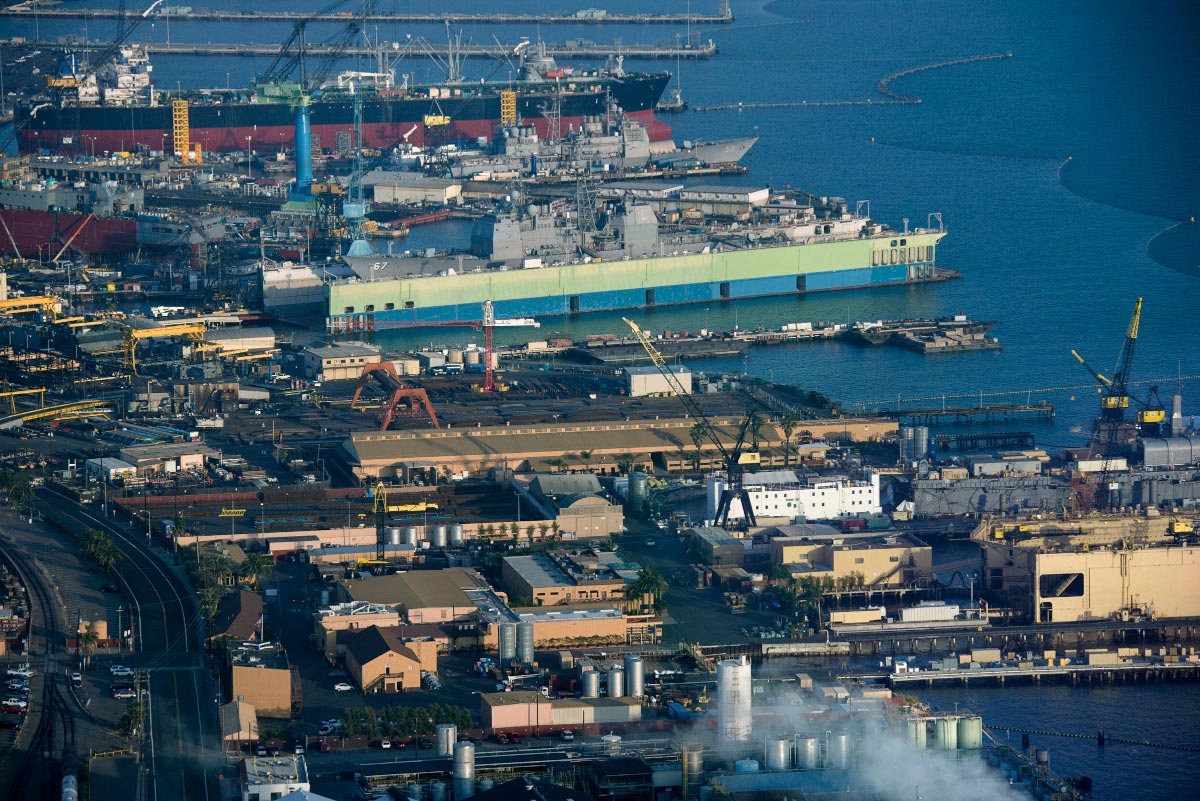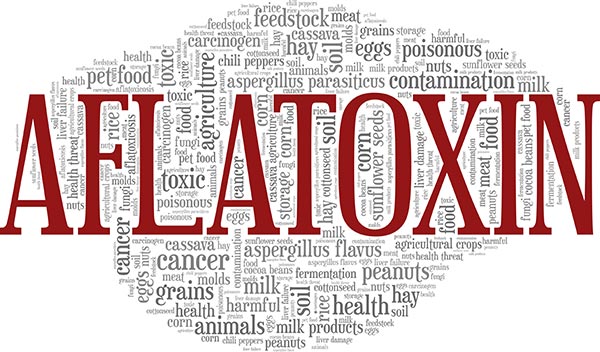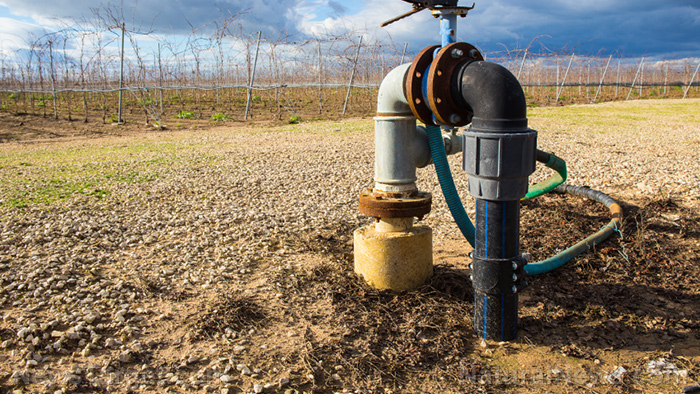Agriculture industry leaders demand solution to port congestion, end to supply chain crisis
11/10/2021 / By Arsenio Toledo

America’s agriculture industry continues to struggle in the face of the ongoing supply chain crisis exacerbated by heavy port congestion.
Ken Ericksen, senior vice president for financial information company IHS Markit, said that a lot of the solutions proposed by the government would only be partial solutions like moving ships away from the West Coast and diverting them to other ports. (Related: Supply chain crisis preventing California farmers from delivering their harvests.)
“Other ports have terminals, cranes and capabilities, but no chassis to put those containers on,” he said. “They don’t have chassis because there are regulations around importing some of those, which we’re hoping to see loosen up.”
The sudden uptick in shipments due to the Wuhan coronavirus (COVID-19) pandemic caused what Ericksen called an “unexpected tidal wave” of shipping containers.
Over the past 15 months, over two million loaded shipping containers came off cargo ships and entered the United States. “From 2015 to 2019, only six times did we exceed two million loaded containers,” noted Ericksen.
According to the port operators in Los Angeles, Long Beach and Oakland, agricultural exports out of California are down a whopping 75 percent in Sept. 2021 compared to their 2018 to 2020 averages.
If cargo can’t be moved from the ports and to the rest of the country, Ericksen pointed out that the entire economy would be in trouble, not just the agriculture sector. (Related: Efforts to keep ports open 24-7 to reduce cargo ship backlog aren’t going to work because insane trucking regulations in Dem-controlled California are keeping trucks off the road.)
Agriculture executives call for policy changes
Agriculture executives have pointed out that the current supply chain crisis could cause “irreparable harm” to the sector.
Mike Durkin, president and CEO of Leprino Foods, recently told the House Committee on Agriculture that the inability of farmers to export their goods “may well result in irreparable harm to American agriculture as customers around the world are questioning the U.S. dairy industry’s reliability as a supplier.”
Freight rates from the U.S. to Asia are now 15 times lower than rates from Asia to the U.S. This has incentivized ships to leave American ports without filling up their entire boat with cargo containers, as it costs time and money to load them. Durkin pointed out that, for this reason, 70 percent of cargo containers return to Asia empty.
According to the International Dairy Foods Association (IDFA), which also rang in at the committee hearing, there are three things Congress can do to help resolve the situation at the ports.
First, Congress needs to pass the Ocean Shipping Reform Act of 2021. This act, which has gained bipartisan support since its introduction back in August, would be the first major update to federal regulations regarding shipping in over 20 years.
If the act passes, the IDFA hopes the sections that eliminate unnecessary late fees, known in maritime parlance as “detention and demurrage” charges.
According to the current version of the act, ocean carriers and terminal operators would have to prove that the late fees they charge comply with federal regulations or face penalties.
Dunkin said 99 percent of Leprino Foods’ ocean shipments have been canceled and rebooked. Of those shipments, one percent were slapped with detention and demurrage fees. He pointed out that, on one account, a single freight was charged with a bill of over $25,000, resulting in costs of “$25 million in 2021” alone.
Second, the IDFA wants Congress to pass the Infrastructure Investment and Jobs Act. The association specifically wants the part of the act that allows 18- to 20-year-olds with qualified commercial driver’s license to be able to drive out of state.
This provision will help resolve the congestion in the ports by putting more truck drivers out into America’s roads.
Finally, the IDFA wants Congress to pass a measure that will increase the gross weight limits on trucks from 80,000 lbs. to 91,000 lbs. with a sixth axle. Such a move would allow trucks to carry more cargo.
These three policy proposals alone will go a long way to solving the congestion at the ports. But Durkin said more is needed, including “prohibiting foreign carriers from leaving the U.S. empty.” He also wants the government to step in and provide more training for employees of port operators to maximize the efficiency of their 24-7 operating model.
Learn more about how the congestion at America’s ports is severely affecting the agriculture industry by reading the latest articles at Harvest.news.
Sources include:
Submit a correction >>
Tagged Under:
agriculture, Bubble, chaos, crisis, economic collapse, economy, farmers, government, harvest, market crash, pandemic, port congestion, products, shipping, supply chain
This article may contain statements that reflect the opinion of the author
RECENT NEWS & ARTICLES
COPYRIGHT © 2017 HARVEST NEWS





















